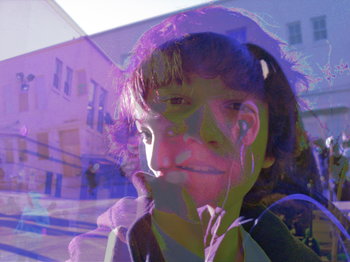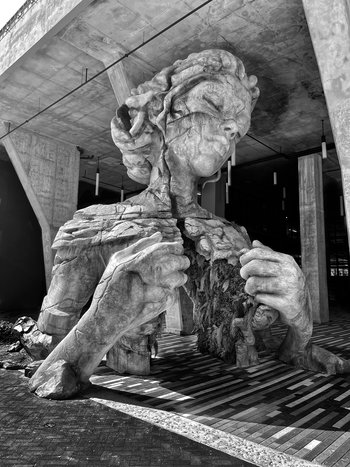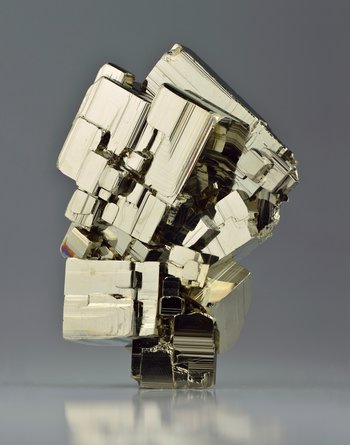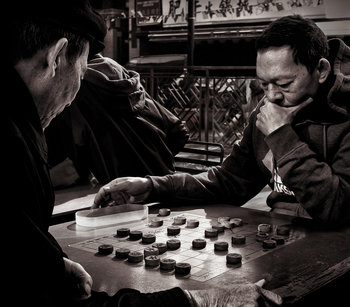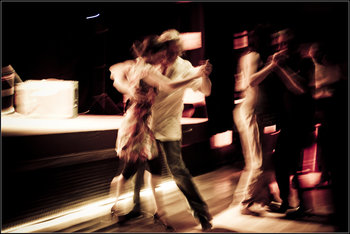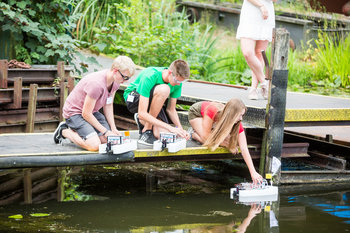|
| |
Physical things are objects and systems that are composed of matter. This can be contrasted with intangible things that have no physical manifestation such as an idea or culture. The following are illustrative examples of physical things.
Antimatter | Atoms | Bank Branches | Books | Buildings / Houses | Cafes | Clocks / Watches | Clouds | Coins / Bills | Computers | DNA | Data Centers | Data Storage Devices (i.e. data always physically resides somewhere) | Diamonds | Electrons | Fiber Optic Cables | Food | Game Consoles | Gold | Ice | Jewelry | LP Records | Land | Light | Machines | Mobile Devices | Molecules | Newspapers | Oceans | Offices | Oil | Packaging / Boxes | Paintings | Paper | Particles | Photographs (paper) | Roads | Robots | Rocks | Satellites | Sculptures | Ships | Shops | Snow | Tools | Toys | Trees | Viruses | Walls | Warehouses | Waves | Wood |
DematerializationDematerialization is the tendency for the economy to be based on less and less physical things. For example, the ability to bank online instead of going to a physical branch or bank machine.MaterialismMaterialism is a philosophy that views all things as physical. For example, data that seems to have no physical form actually exists on a data storage device in a location such as a home or a data center. People commonly believe that intangible experiences exist but materialists would trace this to the physical state of brain. Pragmatists would point out that the brain isn't experienced as a regular physical thing such that things that are perceived as intangible are intangible from the human perspective.MinimalismMinimalism is a lifestyle, aesthetic or philosophy that seeks to simplify all things as much as possible. For example, a world filled with featureless white rooms. This is harsh, austere and impractical as humans thrive in rich environments. The use of tools is central to human thriving such that removing too many things could be detrimental to the human experience.
Matter
This is the complete list of articles we have written about matter.
If you enjoyed this page, please consider bookmarking Simplicable.
© 2010-2023 Simplicable. All Rights Reserved. Reproduction of materials found on this site, in any form, without explicit permission is prohibited.
View credits & copyrights or citation information for this page.
|








